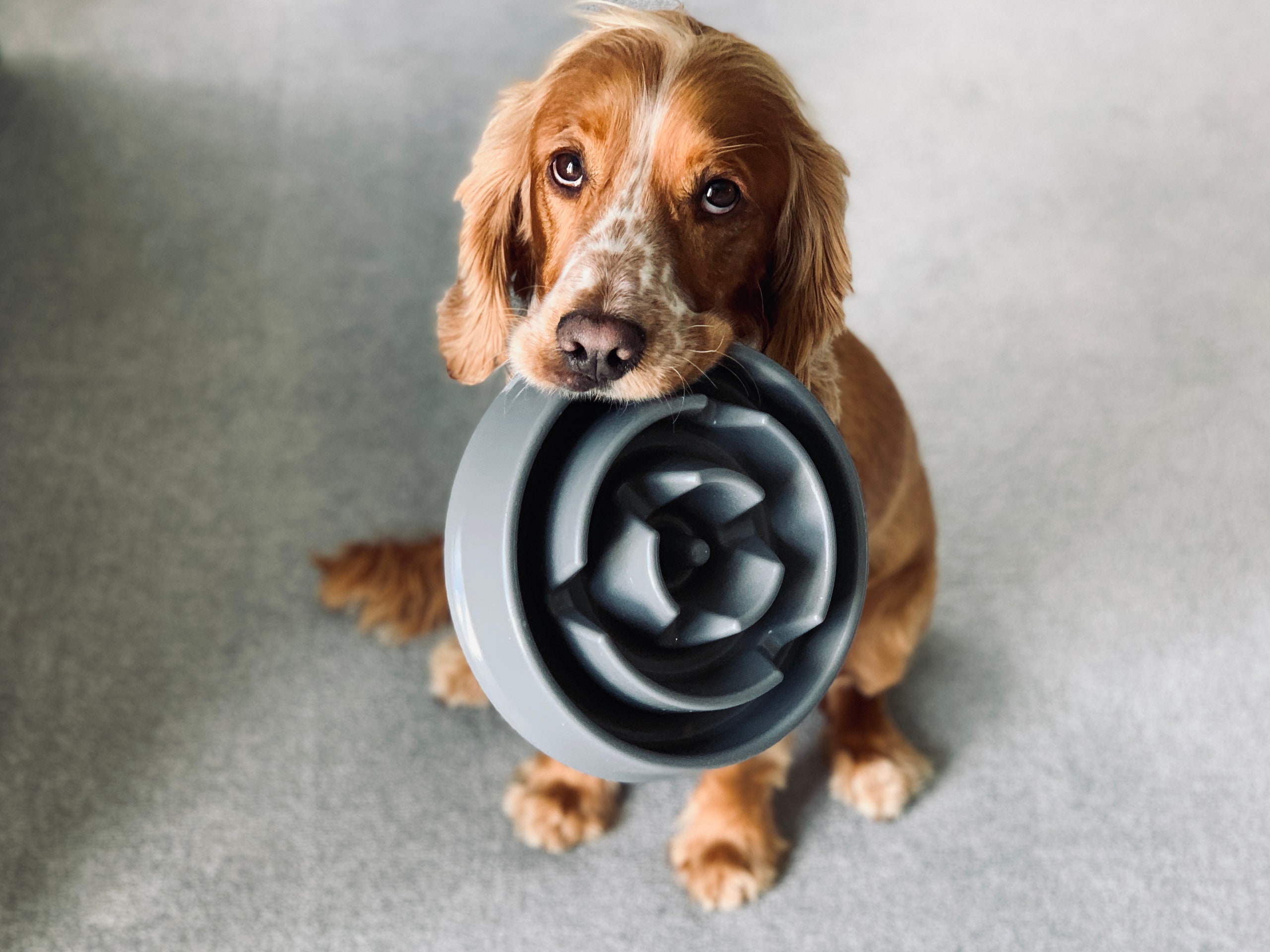
The Havanese is Cuba's national dog. It is a bichon-type, bichon-type dog. It is a descendant from the extinct Blanquito Del Habana as well as the Bichon Tenerife. They make excellent companions.
Is a good companion dog
The Havanese is a lively little dog that thrives in an active lifestyle. Although small and stubby, this breed can be highly trained and intelligent. They love playing with other dogs, and they enjoy going for walks. They make excellent watchdogs and excel at agility.
The Havanese can be a wonderful companion dog. They are very friendly and love spending time with their owners. They also enjoy performing tricks like jumping through a hula hoop or rolling over and climbing balance beams. Although they need to be groomed often, their love and companionship are well worth it.
Legg-Calve-Perthes
Legg-Calve Perthes is a degenerative hip disease that affects the hip region of the Havanese. The disease can lead to lameness, arthritis, and muscle atrophy. Treatment can include surgery. Treatment will vary depending on the extent of the disease and the location. In mild cases, pain medications and medical therapy can control symptoms. It is important to note that overweight dogs are at greater risk of developing the disease.

Legg Calve Perthes disease is an inheritance. An inadequate blood supply causes the head to degenerate. In severe cases, the kneecap may become dislocated, leading to pain and restricted mobility. This condition is most common in children. It is more common in white children.
Health concerns
Havanese breeds have special health requirements. Your veterinarian will advise you on the right vaccinations for your pet. The vaccines can begin as early as 6 weeks old. It is possible to test your dog for genetic diseases or other health problems. A veterinarian can provide preventative products, such as tick and flea medications. These medications can be applied to dogs' skin based on their weight.
Other common health issues of the Havanese breed include joint and bone issues. Chondrodysplasia punctata is an example of uneven growth that can cause limping. Legg Calve-Perthes can also cause arthritis and joint pain. Patellar luxation, or elbow joint slippage, may also affect Havanese. In addition to these health issues, Havanese can also suffer from liver shunt, which causes toxins to build up in the heart.
Care
Heart failure is the most common cause of death for Havanese dogs in their golden years, so it is important to monitor your pet's heart regularly. Most heart problems in dogs result from a weakening or deterioration of one of their heart valves. This causes blood to leak around the valve, straining and straining the heart. Heart murmurs can indicate that your pet may have heart valve disease. A veterinarian can perform basic tests to rule out other serious conditions, such as heart disease or an irregular heartbeat. A veterinarian can provide treatment recommendations tailored to your dog's needs.
It is essential to take care of your Havanese's eyes in order for them to stay healthy. Proper eyecare is essential to prevent vision loss. Eye problems in dogs can range from chronic eye pain to corneal ulcers. There are many options available for treatment.
Grooming

There are some important factors to consider when Habanese grooming. Consider the length of your coat. The Havanese are famous for their long silk coat. This coat consists of a shorter undercoat and a longer outer coat. The outer coat may be straight, curly, or wavy, and it can be any color.
Havanese need to be groomed every day. You should brush or spray it with a fine mist sprayer. It is important to brush the coat dry and not wet. Brush your dog's hair all the way to the skin.
FAQ
What kind of food should my dog eat?
Your dog should be fed a balanced diet.
High-protein foods include chicken, beef and fish as well as eggs and dairy products.
Other foods high in carbohydrates include vegetables, fruits, breads, cereals pasta, rice, potatoes and beans.
Lean meats, poultry and fish are all low in fat, as well as nuts, seeds, whole grains and whole grains.
Always consult your veterinarian before feeding your dog different types of foods.
How long should a dog remain indoors?
Dogs are naturally curious creatures. Dogs need an outlet to express their curiosity. They can become destructive if they don't have an outlet. This can lead them to become destructive and cause property damage, as well as injury to other people.
Outside, it is important to keep your dog on a leash. The leash prevents them from running wild and allows them to safely explore their environment.
You should keep your dog indoors for as long as possible. He will soon become bored and restless. He will begin to chew furniture and other things. His nails may grow too long, which could lead to health issues.
These negative consequences can be avoided by allowing your dog to run free at all times. Take your dog out for a run around the block, to the car, or to the park.
This will give him something to do and help him burn some energy.
What amount should I spend on my pet?
A good rule of thumb is to budget around $200-$300 per month.
This will vary depending on where you live. In New York City, for example, you would probably spend around $350 per month.
In rural areas you may only have to spend around $100 per monthly.
It is important to remember to purchase quality items, such as collars, leashes, toys, etc.
Consider purchasing a crate for your pet. This will keep him safe during transport.
What are the symptoms of a sick dog?
Several symptoms indicate your dog is sick. Symptoms include:
-
Vomiting
-
Diarrhea
-
Lethargy
-
Fever
-
Weight loss
-
You will feel less hungry
-
Coughing
-
Difficulty breathing
-
Bleeding from behind the nose
-
In stool or urine, blood can be found
These are just a few. Your vet will be able to tell you what to watch out for.
Do I choose a puppy or kitten?
It all depends on who you really are. Some people prefer kittens to puppies.
However, puppies tend be more active and playful. Kittens are gentle and tend to sleep a lot.
Both types of animals require lots of attention from their owners. They will be able to grow quickly and require lots of care.
They will also require regular medical checkups. This means that you will have to spend some time with them at the vet.
What is pet insurance?
Pet Insurance provides financial coverage for pets that are injured or sick. It also covers routine veterinary services such as microchipping, spaying/neutering, vaccinations, and other preventive care.
You can also get emergency treatment for your pet if it is in an accident or becomes sick.
There are two types:
-
Catastrophic: This type of insurance pays medical expenses if your cat sustains serious injuries.
-
Non-catastrophic-This type covers routine veterinarian costs, such as vaccines, microchips, spays/neuters, and other veterinary services.
Many companies offer both catastrophic as well as non-catastrophic coverage. Others may offer one or both.
These costs are covered by a monthly payment. The amount will vary depending on how much money you spend on pet care.
The price of insurance depends on which company you choose. It is a good idea to shop around before making your purchase.
Many companies offer discounts for multiple policies.
If you already have a pet insurance plan with another company, you can transfer your existing plan to a new company.
If you decide not to buy any pet insurance, then you'll have to make all of these payments yourself.
You can still save money. You can ask your veterinarian about discounts.
If your pet sees you often, he may discount you.
You can also find local shelters where you can adopt a pet, rather than paying for one.
Do not forget to read the fine print.
It will tell you exactly what your coverage is worth. Contact the insurer immediately if you are unsure.
Statistics
- A 5% affiliation discount may apply to individuals who belong to select military, law enforcement, and service animal training organizations that have a relationship with Nationwide. (usnews.com)
- Monthly costs are for a one-year-old female mixed-breed dog and an under one-year-old male domestic shorthair cat, respectively, in excellent health residing in Texas, with a $500 annual deductible, $5,000 annual benefit limit, and 90% reimbursement rate. (usnews.com)
- Pet insurance helps pay for your pet's medical care, with many policies covering up to 90 percent of your vet bills. (money.com)
- For example, if your policy has a 90% reimbursement rate and you've already met your deductible, your insurer would pay you 90% of the amount you paid the vet, as long as you're still below the coverage limits of your policy. (usnews.com)
- It is estimated that the average cost per year of owning a cat or dog is about $1,000. (sspca.org)
External Links
How To
How to train a cat for a pet
To properly train your cat, first you must understand his/her nature. Cats have complex brains. Cats are intelligent, emotional creatures. It is important to understand your cat's personality in order to ensure that he/she behaves well. You need to be able to manage your cat properly.
It is important for cats to be independent. This means they don't like being told "no". If you tell your cat "no", they might get mad at you. You should not hit your cat if he/she does wrong. You can love your cat, but not as a human being.
If you suspect that your cat may have some issues, then it is best to work together to fix them. Talk calmly to your cat. Don't shout at him/her. You can make him/her feel worse by shouting at you. Your cat cannot be forced to eat. Sometimes, your cat won't eat. If this happens, it is time to give treats. You should not give them too many treats as it could lead to overeating.
It is important to keep your cat clean. It is important to clean your cat daily. Use a wet towel to clean off dust and dirt. Verify that your cat does not have fleas. Flea bites can cause skin irritation and allergy. If you notice any signs of fleas, then you should use a special shampoo to remove them.
Cats are social animals. They are social animals and love to spend time together. You should spend quality time together with your cat. Play with your cat, play with him/her and give him/her a bath. These activities will make you cat happy.
Start training your cat at an early age. When your kitten is just two weeks old, you should begin training him/her. Your kitten should be around three months old to start training him/her. By this age your cat is fully grown and ready for new adventures.
You should explain everything step by step when you teach your cat tricks. If you want to teach your cat to sit down, then show it/him the chair. Next, show your cat the chair and reward them with treats. Repeat these steps until your cat understands what you mean.
Remember that cats are intelligent. They are able to figure out how tasks should be performed. They do require patience and perseverance. Your cat won't be able to do a task instantly. Give your cat plenty of practice before giving up.
Remember that cats can be wild animals. They are naturally curious and playful. If your cat runs free, it's possible for him/her to accidentally knock objects over. Your cat should be kept in a safe space where he/she will not hurt himself/herself.